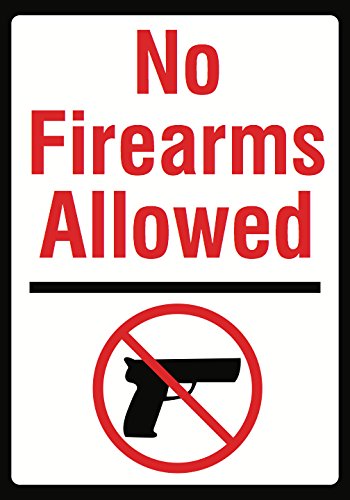
Another Year of Living Dangerously
Californians will be more vulnerable and restricted in 2020 and beyond
By Lloyd Billingsley, December 31, 2019 2:18 am
Any criminal under age 16 could use a stolen firearm and ammunition to murder any number of people, escape prosecution as an adult, and gain release at age 25.
Last year, more than 60,000 law-abiding Californians attempted to purchase ammunition for their legally owned firearms but found themselves rejected. That was due to a California law, effective July 1, that requires background checks for ammunition purchases. Those rejected included a deputy sheriff attempting to buy shotgun shells for hunting ducks.
State officials attribute the problem to glitches and database discrepancies. On the other hand, Ari Freilich of the Giffords Law Center to Prevent Gun Violence is on record as saying that the system is already working “as intended.”
Law-abiding Californians can be forgiven for believing that they were the intended targets, and that the measure infringes on their rights under the Second Amendment of the U.S. Constitution. Firearms are useless without ammunition, and if Californians think they are now more vulnerable to violent criminals it would be hard to blame them.
The rigid gun-control measures passed under Gov. Jerry Brown in 2016 had no effect on violent criminals such as those who gunned down police officers Ronil Singh in 2018 and Brian Ishmael in 2019. Laws that strengthen penalties against violent criminals are increasingly hard to find, but one that virtually empowers violent criminals took effect in 2019.
Senate Bill 1391, signed by Jerry Brown in September, 2018, bans the prosecution of those under 16 as adults, whatever the gravity of their crime. Under this measure, any criminal under age 16 could use a stolen firearm and ammunition to murder any number of people, escape prosecution as an adult, and gain release at age 25.
Public defenders also seek to have the measure applied retroactively to help convicted murderers already in prison gain early release.
According to Yolo County officials, such an appeal remains in play for Daniel Marsh, convicted in 2014 for the murders of Oliver Northup and Claudia Maupin in their Davis home. That prospect has a chilling effect on relatives of crime victims, and the public at large.
California lawmakers have also remained lenient on perpetrators of identity theft, document fraud and voter fraud. By contrast, a measure taking effect in 2020 threatens Californian’s free speech rights under the First Amendment of the U.S. Constitution.
Assembly Bill 730, by Palo Alto Democrat Marc Berman, prohibits the dissemination of materially deceptive audio or visual material within 60 days of an election. Defenders of the bill see it as a defense against “deep fakes,” such as the video, posted in May, that appeared to show House Speaker Nancy Pelosi in a drunken state.
Kevin Baker, legislative director of the California ACLU, charged that the bill would result in voter confusion, malicious litigation and “repression of free speech.” The ACLU urged Gavin Newsom to veto the measure, but the governor duly signed off on it.
Assembly Bill 730 sunsets in 2023, but Senate Bill 1391 will still be empowering criminals for years to come.
In similar style, California gun and ammunition laws will have no effect on criminals, even as they threaten the Second Amendment rights of law-abiding citizens. All told, Californians have good reason to see 2020 as another year of living dangerously.





Just call 911 when your life is on the line. What could possibly go wrong ?
When seconds count help is minutes away.